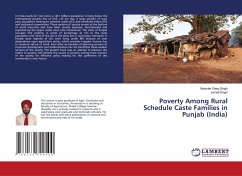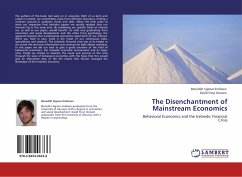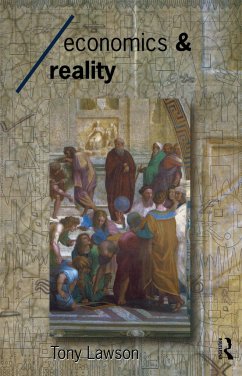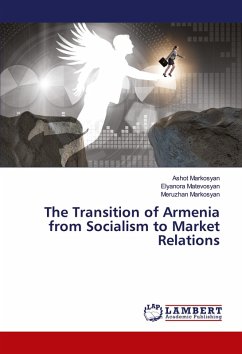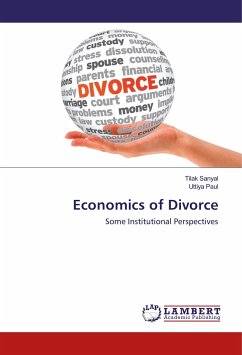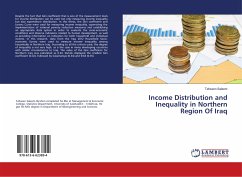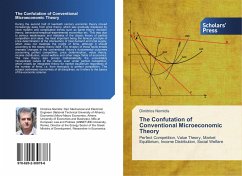
Addressing the Poverty of Mainstream Economics
Elements for the construction of a historical-analytical theory of human society
Versandkostenfrei!
Versandfertig in 6-10 Tagen
28,99 €
inkl. MwSt.

PAYBACK Punkte
14 °P sammeln!
This book develops the rudiments of a historical-analytical approach to hierarchical control in human societies. It questions the adequacy of mainstream economic theory in the absence of a hierarchical class structure and inter-class conflicts of interest, as well as the 'benevolent government' approach to policy decisions. It builds on an anthropological view of the genesis of the state and class society, constructing several simple models inspired in different phases of human development in which producers and governors face the same consumption-toil trade-off as workers (slaves, serfs, or w...
This book develops the rudiments of a historical-analytical approach to hierarchical control in human societies. It questions the adequacy of mainstream economic theory in the absence of a hierarchical class structure and inter-class conflicts of interest, as well as the 'benevolent government' approach to policy decisions. It builds on an anthropological view of the genesis of the state and class society, constructing several simple models inspired in different phases of human development in which producers and governors face the same consumption-toil trade-off as workers (slaves, serfs, or wage workers) at the bottom of the class hierarchy. Public goods and bads play a fundamental role in the functioning of society and in the power structure that sustains it. In most of the models, the consumption-toil decision is present for all the classes involved. In the case of classes that organize production, the planning, organizing, commanding and controlling (POCC) labor of the higherrank contributes to the production function along with the labor of the lower ranks. The final model represents capitalism, with wage workers, capitalist entrepreneurs, and political governors as classes.



